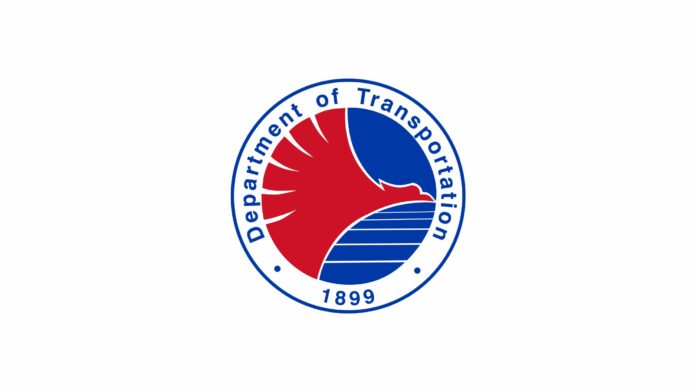The Department of Transportation (DOTr) on Tuesday announced delaying the implementation of guidelines preventing motorists without electronic toll collection (ETC) devices and with insufficient credit or load from using the various expressways by a month.
This means continued access of the tollway network by non-ETC enabled vehicles until 1 October 2024 instead of 1 September 2024 as previously announced.
The delay, the DOTr said, will also allow tollway operator operations to make the necessary adjustments.
Joint Memorandum Circular 2024-001 issued on 1 August 2024, the Toll Regulatory Board (TRB) prohibited motorists with no valid ETC devices and those with insufficient load from entering the tollway system on pain of stiff penalties.
“We hope the concerned agencies and tollway operators would use the 30-day deferment to fine tune expressway operations and further intensify the public information campaign to enable tollway users to comply with the new guidelines,” Transportation Secretary Jaime Bautista said.
Apart from imposing penalties for using the tollways without an installed electronic toll collection (ETC) device, or driving with insufficient load, the JMC also updated the responsibilities of the LTO, the TRB, the DOTr, the tollway concessionaires and users.
Also under the JMC, the LTO deputized the tollway enforcers and allowed them to apprehend violators to emphasize the gravity of the directive.
The penalties for violations include:
No valid ETC device: P1,000 (first offense), P2,000 (second offense), P5,000 (subsequent)
Insufficient load: P500 (first offense), P1,000 (second offense), P2,500 (subsequent)
Fraudulent ETC: P1,000 (first offense), P2,000 (second offense), P5,000 (subsequent)
“These revised guidelines should significantly improve traffic along expressways through cashless or contactless toll plazas,” Bautista said.
In 2021, the TRB moved closer to cashless expressways by designating only one exit lane for cash transactions at toll plazas (all other lanes for ETC) in compliance with the DOTr directive.
Bautista is soliciting the support of tollway users by complying with the provisions of the JMC covering expressways under TRB jurisdiction.
San Miguel Corp., which operates the Skyway, South Luzon Expressway, STAR Tollway and NAIAx, uses the AutoSweep RFID tag while Metro Pacific Tollways Corp., which operates the Manila Cavite Expressway, C5 Link Expressway and Cavite Laguna Expressway, uses the EasyTrip RFID tag for electronic toll collection.







